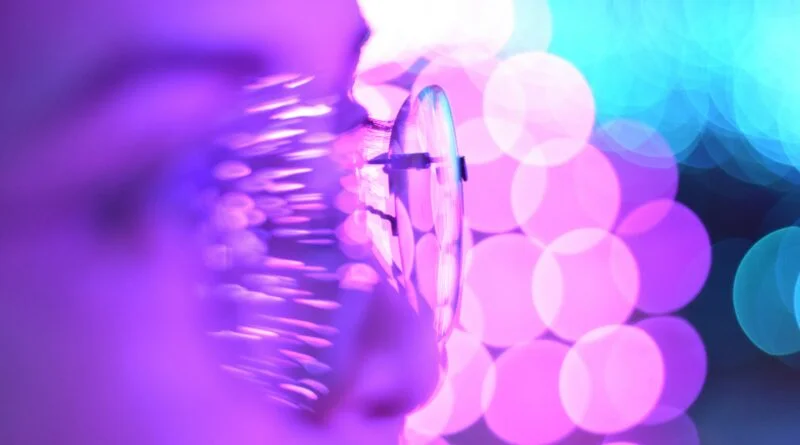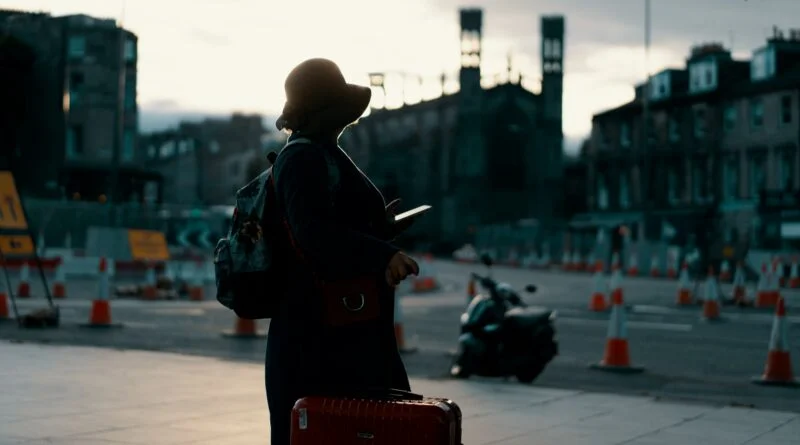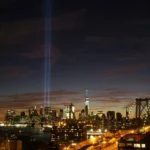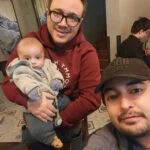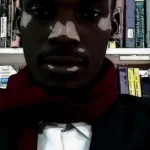- Unbreaking The News
- Work
- Life
- Lifestyle
- HumanityDiscover the latest trends, style tips, and fashion news from around the world. From runway highlights to everyday looks, explore everything you need to stay stylish and on-trend.
- Mental HealthStay informed about health and wellness with expert advice, fitness tips, and the latest medical breakthroughs. Your guide to a healthier and happier life.
- Science & Technology
- Literature
- About Us
- Unbreaking The News
- Work
- Life
- Lifestyle
- HumanityDiscover the latest trends, style tips, and fashion news from around the world. From runway highlights to everyday looks, explore everything you need to stay stylish and on-trend.
- Mental HealthStay informed about health and wellness with expert advice, fitness tips, and the latest medical breakthroughs. Your guide to a healthier and happier life.
- Science & Technology
- Literature
- About Us
Now Reading: Kaleidoscope Eyes
-
01
Kaleidoscope Eyes
- Unbreaking The News
- Work
- Life
- Lifestyle
- HumanityDiscover the latest trends, style tips, and fashion news from around the world. From runway highlights to everyday looks, explore everything you need to stay stylish and on-trend.
- Mental HealthStay informed about health and wellness with expert advice, fitness tips, and the latest medical breakthroughs. Your guide to a healthier and happier life.
- Science & Technology
- Literature
- About Us
A light comes on, and a close-up pair of eyes appear in the frame. My blinking is constant, almost excessive, in the harsh white light of the room. My eyes are not large; they seem narrow (or ‘slanted’, as my brother says), making it hard for me to keep them open. My eyebrows above my dark brown irises are not remarkable and in fact are unkempt, untidy, and without a defined shape. The unruly hairs help cover the scar from a small cut that was caused by the frame of a pair of glasses long ago. They broke while preventing the fall of a restless child who was trying to reach the top of a wooden post while my back was turned.
Those eyes, looking ahead, cannot see all they should, but are amazed by the little they have observed. A hand appears in frame, clutching a red crayon, firmly intending to complete the task at hand — to color in the blurry silhouette of whatever figure is printed on the white sheet.
At times, the red crayon rebels, resisting confinement by the thick black ink line, and the hand does not seem to care much. I believe I have successfully completed my task, but when I hand the sheet to my mum, she brings it close to her face and then looks at me, worried and wide-eyed. She asks, “Son, did you color this in?”
Astigmatism.
That was the explanation some doctor gave me a long time ago, and that’s what I have for life. Fortunately, I can still distinguish the shapes of things to avoid bumping into them, and the glasses reduce blindness, but I now feel dependent on them.
My eyelids feel heavy. A hand, my hand, intrudes into the frame to scratch my left eye, and as a result, some eyelashes fall out and the cornea wears down. Tears no longer lubricate properly, and my eyes show signs of fatigue. The dark circles under them are more than noticeable. I haven’t had a good night’s sleep in years.
My eyes have also seen unforgettable things: a victory goal in the 96th minute, the tragic end of Walter White, my grandfather singing “La Cucaracha”, the long-awaited arrival of the newborn at home and the heartbroken cry of its mother, the departure of its father from home, the loving eyes of a woman… There are moments and images in which significance lies not in clarity, but simply in sight.
A phoropter slowly approaches the face to which the dark brown eyes belong. The optometrist is observed from a general perspective. As she changes lenses, the doctor repeatedly asks, “Do you see better with this one, or with the previous one?”
I never notice the difference from one to the other.
Of course, before approaching that device, the doctor asked me to do the usual task: to pick up the chart and read the paragraphs full of tiny letters, or to tell her the letters I can see from a few meters away. I can’t remember the last time I successfully read letters on the wall chart.
I approach the optometrist’s desk at her request, while I wait for her to review whatever she has to analyze… I never worry about knowing exactly what it’s about, because the answer is always the same: “The prescription in your left eye has increased.”
Which is the same as saying that my vision has gotten a bit worse. Again.
Next, she gives me instructions to prevent corneal damage, things like not rubbing my eyes or not spending many hours in front of the computer. I hear her, but I don’t listen. I know that buying the contact lenses I need is not within my budget, and that I have to wear glasses for life. The optometrist says they are mandatory, and my driving license echoes it. I see her, but I am not really looking at her.
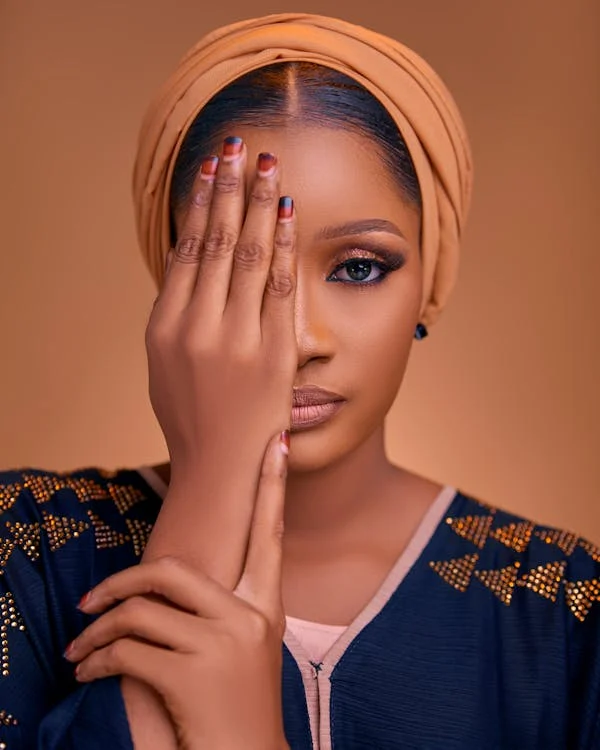
(Image courtesy of alameen studios via Pexels)
Over time, I also started to enjoy cinema and writing. Two forms of art that require a creative — and visual — exercise to create and enjoy. Over the years, the bridge of my nose between my eyes has been ‘tattooed’ by the noticeable marks of numerous glasses. It seems unfair for those eyes to have to strain just to enjoy the shape of letters and read smoothly.
The helplessness of a child who, due to an eye problem, strains his sight trying to read.
I find this pleasure ironic. I always panic: What if my glasses break, get lost, or stop working? How will I read and distinguish the figures on the screen? The damage to my eyes is progressive. Resignation…
But as the doctor shakes my hand to say goodbye, I can only think of the consolation: that the camera, the pencil, and the imagination allow me to capture — and reflect — that which my eyes will not let me see.
Carlos Cifuentes
Filmmaker and journalist graduated from the Javeriana University in Colombia. Driven by love for films, reading, and writing, he has worked as a writer, director, and editor of fiction scripts, as a digital marketer, and on short films and journalistic chronicles.
Thank you to Yosef Baskin, Eric Mabry, and Julianna Wages on the Lifestyle team for their inspired edits on this piece.
Related Posts
Lifestyle9 months ago
Losing My Hero-in-Law

